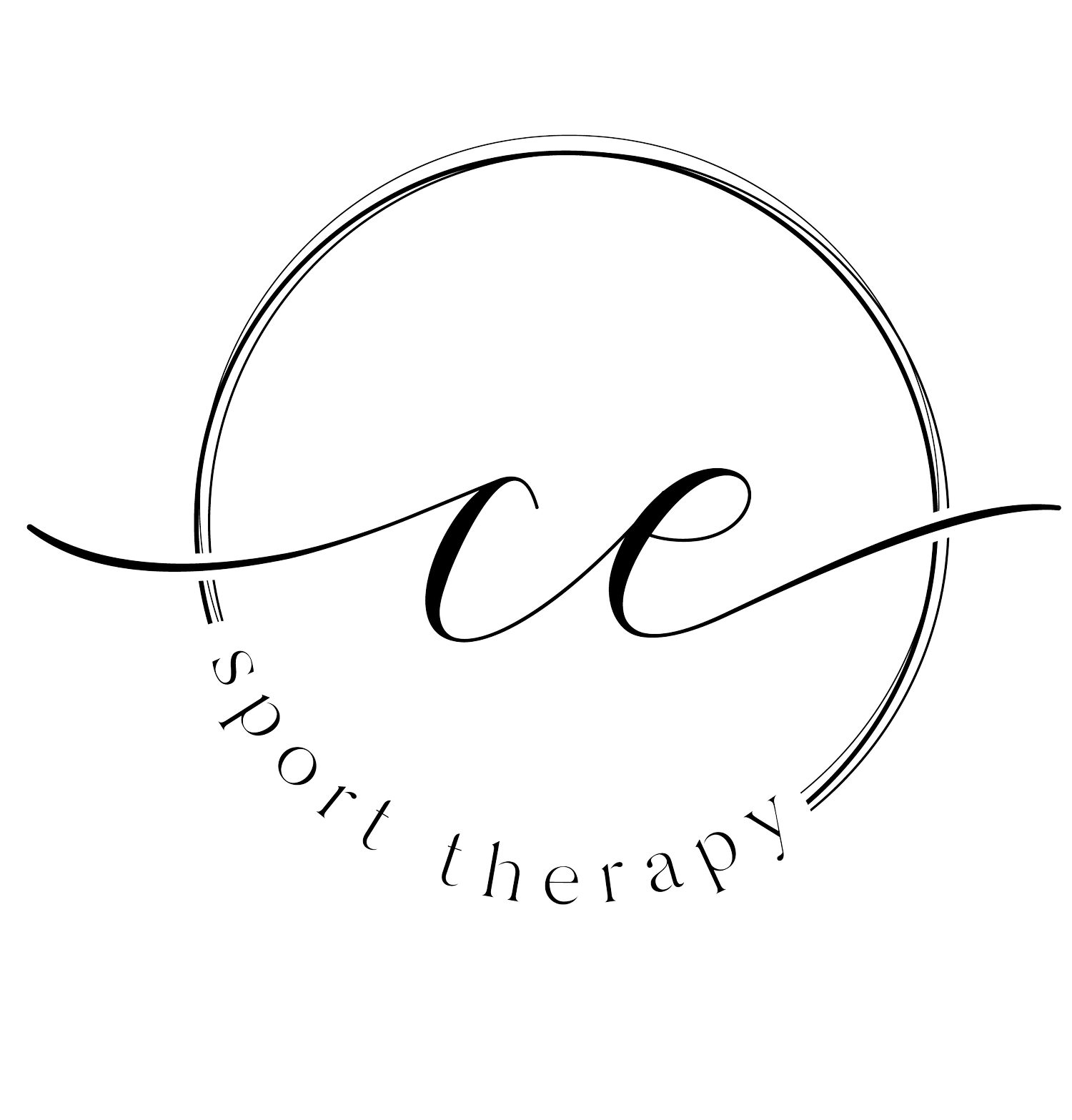Rotator Cuff Myths
If you've experienced shoulder pain, you've probably heard the term "Rotator Cuff". It's also very likely that the majority of you that have shoulder pain have been told that the probem is your Rotator Cuff. Well, I'm here to rock the boat a little and tell you truth about Rotator Cuff injuries. I want to set the record straight so you can overcome these myths and get on track to living a shoulder-pain free life ( It IS possible!)
Myth #1: Most Shoulder Problems are the cause of the Rotator Cuff!
If there is a single muscle group in the upper body that is the scape goat for everything, it's the Rotator Cuff. Why? Well it's a group of relatively small, fine muscles that wrap around the shoulder. They're meant to rotate the shoulder and provide stability. They're not meant to hold your entire arm on to your body all by themselves!! So they can get inflammed easily when they're forced to do things they're not designed for. But that's just a small part of the story and not the REAL cause of the problem. It's much more likely that the real root of the problem lies somewhere around the muscles of the shoulder blade and/or the vertebrae of the neck!
Myth #2: Do some band exercises and everything will be all good.
Well, as you can imagine... If the problem isn't just the rotator cuff muscles, then doing endless amount of band exercises to strengthen the rotator cuff muscles just isn't going to cut it. It might help! It might be one of the things you need to do. But it's rarely going to be a cure all.
Myth #3: That a Rotator Cuff tear is a life long injury.
Rotator Cuff Muscles are just that... muscles! Muscles have an amazing ability to heal, especially if it's a partial thickness tear, not a complete tear. Try not to get stuck in this self limiting mindset that just because you tore your rotator cuff many years ago means that you're doomed to having a dud of a shoulder for the rest of your life.If you tore your rotator cuff years ago... the muscles have likely healed by now! Any lingering pain means that it didn't heal in the right way or there are other factors/ compensations causing the pain to linger.
If you're suffering with a Rotator Cuff injury and you've been told any of the myths above, I encourage you to apply for one of our "Shoulder Pain Analysis" appointments.We are offering these specialized appointments to help evaluate what is happening with your Rotator Cuff, why it is painful, and help get you on track to living a shoulder-pain-free life.Click the button below to schedule a time.
Hope this helps!
Lindsay
